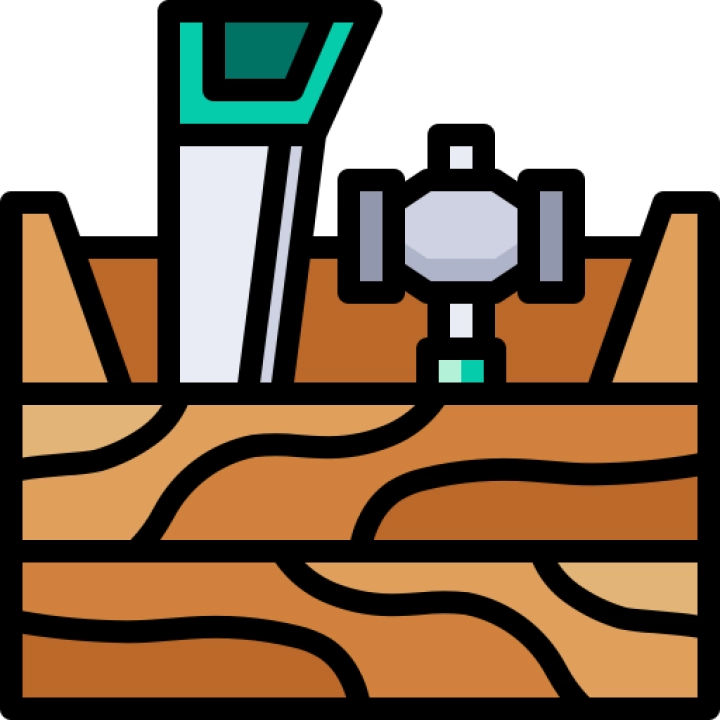Major Title: Geotechnics
Major Description:
Geotechnics is the interdisciplinary study of Earth materials and their interactions with human-made structures and natural systems. This major explores the complex relationship between geological formations, soil mechanics, and surface processes that shape our built and natural environments. Students develop expertise in analyzing subsurface conditions, evaluating geohazards, and applying earth science principles to solve practical challenges in construction, environmental management, and land development. The program emphasizes field-based learning, laboratory analysis, and computational modeling of geological systems.
Learning Objectives:
- Understand the physical and mechanical properties of soils and rocks
- Analyze slope stability and foundation conditions
- Evaluate geological hazards (landslides, subsidence, earthquakes)
- Apply geotechnical principles to construction and environmental projects
- Conduct field investigations and laboratory testing
- Interpret geospatial data and subsurface imaging
- Design solutions for soil improvement and ground stabilization
- Assess the environmental impact of geotechnical interventions
Course Outline:
Core Theory
- Earth Materials Science
- Mineralogy and soil composition
- Rock classification and weathering processes
- Soil Mechanics
- Stress-strain relationships
- Hydraulic properties and groundwater flow
- Engineering Geology
- Terrain analysis
- Geological mapping techniques
Applied Skills
- Site Investigation Methods
- Drilling and sampling techniques
- Geophysical surveying
- Slope Stability Analysis
- Landslide risk assessment
- Retaining structure design
- Foundation Systems
- Shallow and deep foundation principles
- Ground improvement technologies
Specialized Topics
- Geoenvironmental Engineering
- Contaminant transport in soils
- Landfill and containment design
- Earthquake Geotechnics
- Liquefaction potential
- Seismic site response
- Computational Geotechnics
- Finite element modeling
- GIS applications in geotechnical analysis
Assessment Methods:
- Laboratory testing reports (soil classification, compaction, shear strength)
- Field mapping exercises
- Geotechnical design projects
- Geological hazard risk assessments
- Computational modeling assignments
- Case study analyses
Fieldwork Components:
- Site characterization exercises
- Geophysical measurement campaigns
- Geological mapping field schools
Recommended Resources:
- Principles of Geotechnical Engineering by Braja Das
- Soil Mechanics Laboratory Manual by Dante Fratta
- Engineering Geology by Richard Goodman
Program Duration:
4-year Bachelor of Science degree with mandatory field seasons
Professional Preparation:
- Prepares for geotechnical technician certification
- Meels educational requirements for engineering geology licensure
- Provides foundation for graduate studies in geosciences or civil engineering
Career Pathways:
- Geotechnical field technician
- Engineering geologist
- Geohazard specialist
- Foundation design consultant
- Environmental site assessor
- Mining geotechnician
Industry Connections:
- Partnerships with geotechnical drilling firms
- Collaboration with geological survey organizations
- Internships with civil engineering consultancies
This program equips students with both theoretical knowledge and practical skills to address critical challenges at the intersection of earth sciences and human development, from infrastructure projects to natural hazard mitigation.

